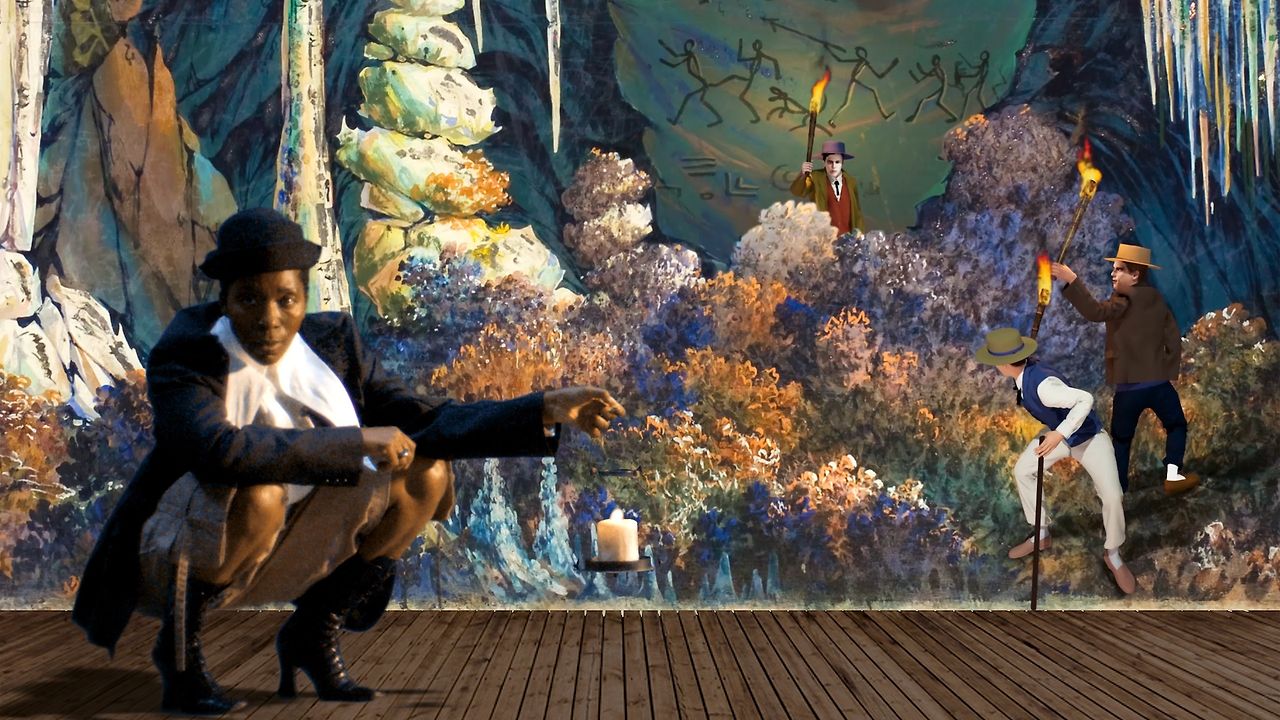With BlackStar’s “Cinema for Liberation” thesis and the overtly justice-oriented bend of Smith’s work, I suggest that cinema may have the power to present revolutionary possibility models. Perhaps intentional moving images could galvanize people to remember their agency to change their communities and change the world.
“Well, I like the idea of that. I just don’t really see any evidence of it,” Smith responds casually. “There’s been a hundred years of cinema. Lots of people dreaming and offering things, and look where we are.”
Smith continues, “The production of culture can be part of contributing to a liberatory space and world. That’s just one component, a contribution that’s really crucial and fundamental to liberation and freedom. It doesn’t make people change… there’s just absolutely no evidence that any kind of film makes any kind of change. I know filmmakers love believing that, but I just would love to see some evidence of that.”
Parsing through Smith’s ideas in real-time, I uplift the success of Sebastián Lelio’s A Fantastic Woman in expediting the 2018 passing of Chile’s Gender Identity Bill. “You really did just mention one film, in a hundred years of cinema,” she replies. “I hope there’s more.” What then, I wondered, propelled Cauleen Smith to keep making movies if she could soberly enunciate their power in tandem with their limitations?


